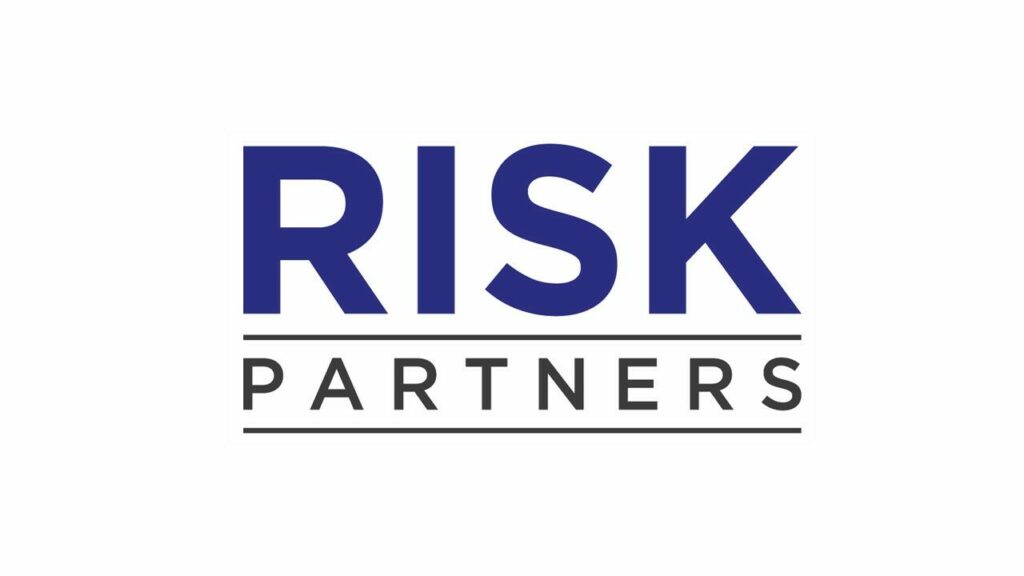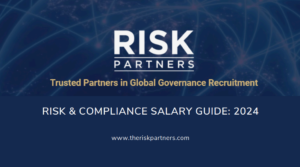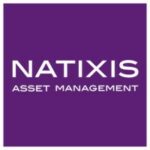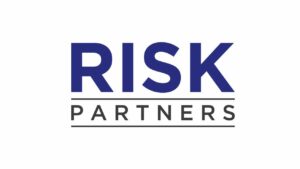Hi all,
An interesting question that I have been asked recently is “Has the advancement of AI Technology made your job as a Recruiter more difficult?”
Over a cup of coffee, it got me thinking. Has this wave of new Technology made our role more difficult, or has it actually made our life easier? Given internal TA (Talent Acquisition) teams have greater access to Technology to source directly, has this made things tougher?
In my opinion, we need to go back to first principles. Why do you need a good external Recruiter in the first place?
1. Saves time and resources: Recruitment is a time-consuming and resource-intensive process. Headhunters can help streamline the process by pre-screening and identifying qualified candidates, saving employers time and resources. Many will know that a firm will often get hundreds of non-matching applications for each role, which take a lot of time to filter through. Scale this up to a TA team managing many roles, this is very time consuming. AI can help sift through ‘buzz words’ to reduce that number, but overall, a human who knows the subject matter will be more effective and importantly understand the context.
2. Access to passive candidates: Individuals who are not actively looking for a job but are open to new opportunities. Headhunters have the resources and network to reach out to these individuals and convince them to consider new roles, in many cases these candidates will be telling their trusted Headhunter. These are relationships that are built over years and AI won’t pick them up.
3. Industry expertise: Selected firms like The Risk Partners specialize in a specific industry or function (Financial Services Governance – Risk & Compliance in our case), giving them deep knowledge and expertise in the field. This can help employers find the right candidate who has the required skills and experience for the job. Especially so for new and emerging skill sets or for those who have different but applicable skills for a lateral move (e.g. ESG Risk).
4. Confidentiality: Some positions require a high level of confidentiality, such as Executive-level / Senior roles or those in sensitive industries. Headhunters can conduct the recruitment process discreetly and maintain confidentiality throughout. AI can’t do that.
5. Negotiation and onboarding: Headhunters can help with salary negotiation, offer acceptance, and even onboarding of new hires. The art of negotiation is a human skill.
6. Advice: For Employers, feedback on skillset availability, salary parameters and human opinion on potential hires cannot be underestimated. (Personality and cultural fit cannot be assessed by an algorithm or Chatbot). For job seekers, working with a Headhunter can provide access to career advice, industry insights, and potential job opportunities that may not be publicly advertised.
7. Positive marketing: In reality, Headhunters are a ‘marketing machine’ for your firm. They spread the word and highlight the positive things your firm is trying to achieve.
So, when you break it down, AI tools can add value within the process, but cant yet deal with it from end to end. I have no doubt that AI Technology will continue to evolve and develop, but there will always need to be the human element. For now, its certainly a helping hand, but we are not at the point where we hand it all over to a computer.
Let me know your thoughts
Rob
The Risk Partners are a boutique specialist recruiter, with Risk Management at its heart of its activities. We live in a world where Governance steers the world through often challenging times. Our aim is to work with clients to ensure that you find the right people for your business. Please get in touch to discuss how we can help you.
